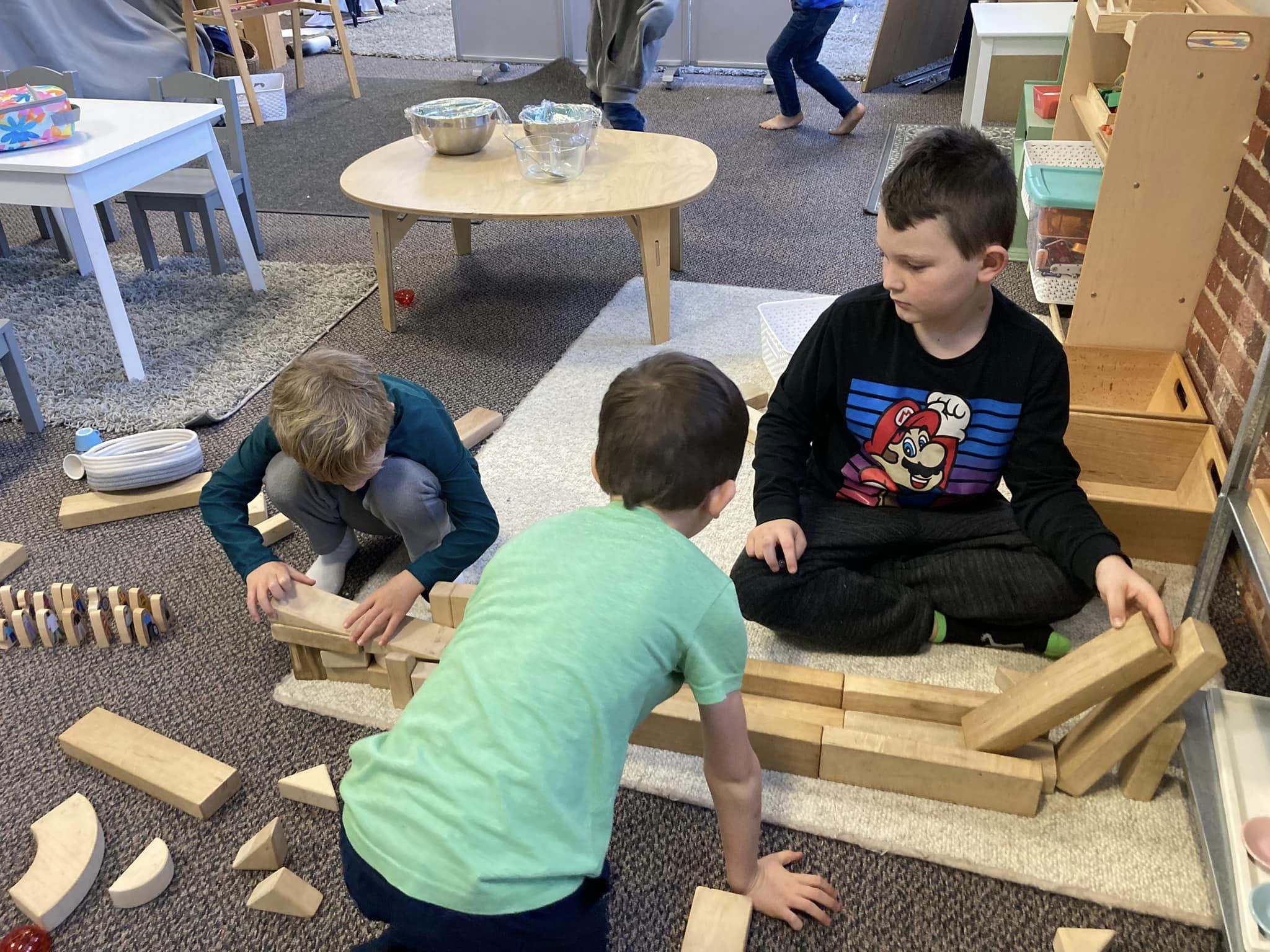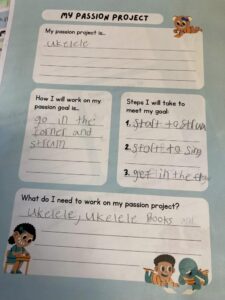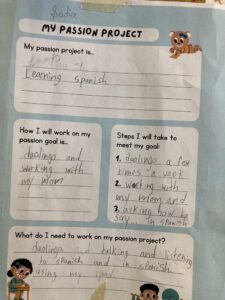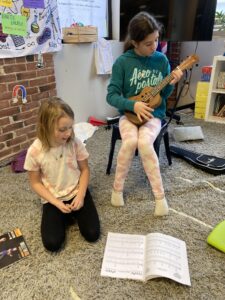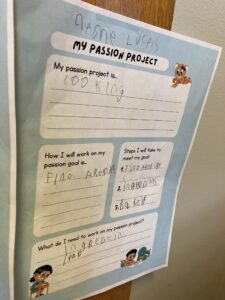The definition of passion is “a strong liking or desire for or devotion to some activity, object, or concept.”
In an article published in the Harvard Business Review, Rosabeth Moss Kanter made the statement, “The key to motivation doesn’t depend on elaborate incentive schemes. What makes a good work environment is getting better at stuff or mastering a task.”
As adults, we may take an art class or guitar lessons. Our motivation is not to become the next Picasso or play with the Rolling Stones. Instead, it is an intrinsic drive to want to get better at something or master a craft.
Learning Design to Empower Children
We need to think about how our learning design can empower children.
Micromanaging and trying to fit children into a box or set of rules puts them in positions where they cannot be internally motivated. Children become mechanical in their work to show up, do a series of tasks, and collect a grade to bring home.
Give children as much autonomy as possible within the boundaries of learning guardrails and allow them to feel safe and attain a sense of accomplishment or mastery. Without these practices, children have a higher likelihood to merely meet the status quo, or worse.
Passions in Action
From cooking, art, and music to learning a new language and helping Spark learners, our passion keeps us creatively exploring the world around us.
